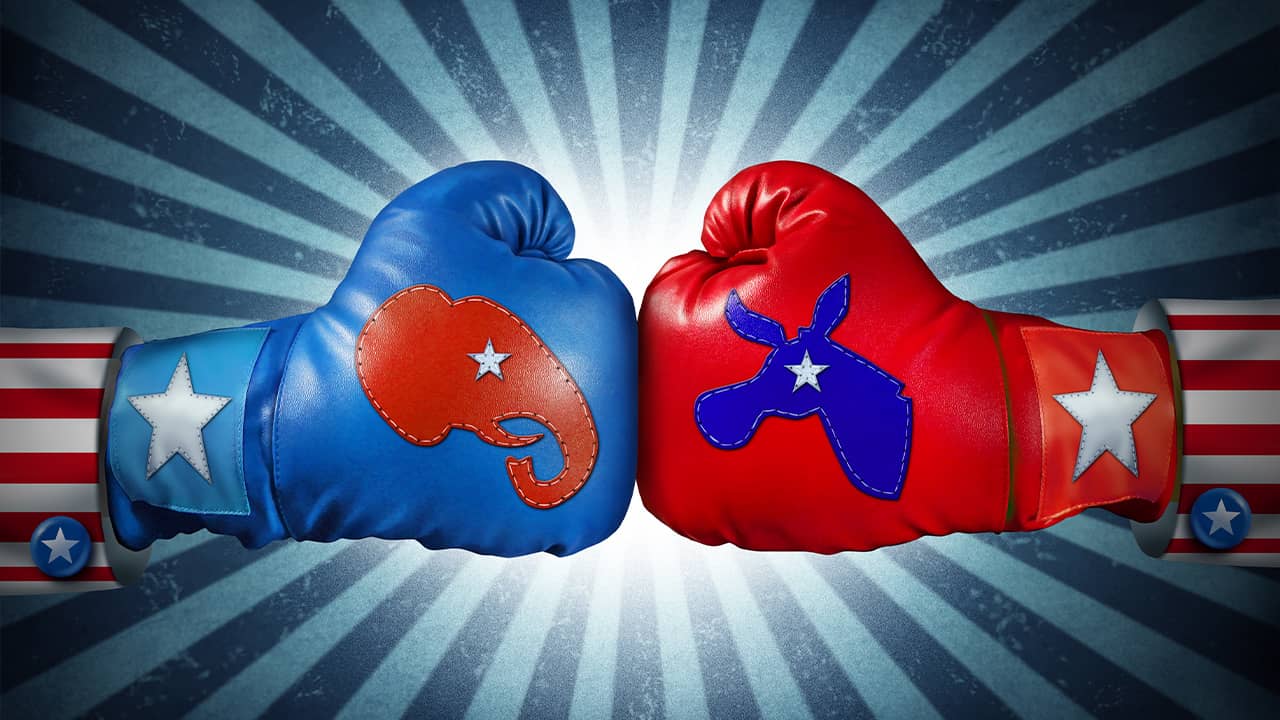Published
6 years agoon

In politics, as in sports, rules of the game often influence, or even dictate, who wins and who loses.
Just as professional sports leagues are wracked by internal conflict over playing rules, California’s politicians and interest groups joust constantly over campaign contribution limits, redrawing of legislative and congressional districts, voter registration, voting procedures and countless other electoral rules.

A decade later, in 2016, proponents of public financing took another shot, but instead of asking voters to overturn Proposition 73’s ban, they sponsored Senate Bill 1107, an end-run around the ban authorizing state and local governments to provide funds to candidates.
Former Gov. Jerry Brown, who sponsored the original Political Reform Act as a candidate for governor in 1974, signed SB 1107 and public financing opponents, led by the Howard Jarvis Taxpayers Association, immediately challenged it in court, contending that it violated Proposition 73.
Sacramento Superior Court Judge Timothy Frawley agreed with the opponents and the state appealed to the 3rd District Court of Appeal.
Late last month, the three-member appellate panel ruled unanimously to uphold Frawley, saying SB 1107 “directly conflicts with a primary purpose and mandate of the (Political Reform) Act, as amended by subsequent voter initiatives…”
The ruling didn’t sit well with public financing proponents, including SB 1107’s author, state Sen. Ben Allen, a Santa Monica Democrat, who said, “The judge’s ruling is a disappointing setback to communities that rightfully want to reduce the influence of special interest money in campaigns.”
That may be, but regardless of one’s feelings about public financing of campaigns, the state’s voters have had several opportunities to embrace it, but refused, and it’s rather cheeky for legislators to ignore them.
Such arrogance is emerging as a pattern among the Democrats who now wield total political power in California.
Not only are they evidently willing to thumb their noses at their own voters, but have several times seen their “progressive” actions slapped down in the federal courts as violating constitutional rights, including the right to free speech.
If Ben Allen, other Democratic politicians and institutional supporters of public campaign financing want to pursue their cause, the legitimate way is to place a measure on the ballot and persuade voters to support it.
In fact, an earlier version of SB 1107 would have placed the issue before voters to decide, but that provision was removed even though the Legislature’s own lawyer warned that it “would require voter approval in order to become effective.”
Arrogance compounded.
CalMatters is a public interest journalism venture committed to explaining how California’s state Capitol works and why it matters. For more stories by Dan Walters, go to calmatters.org/commentary.


California Pins Vaccine Hopes on Biden Administration


Walters: After COVID-19, Drought Threat Still Looms


Fierce California Winds Fan Fires, Topple Trees and Trucks


Monarch Butterfly Population Moves Closer to Extinction


Newsom Sets New Tone for California, White House Partnership


California Guard Pleads Guilty to Lies in Inmate’s Death




